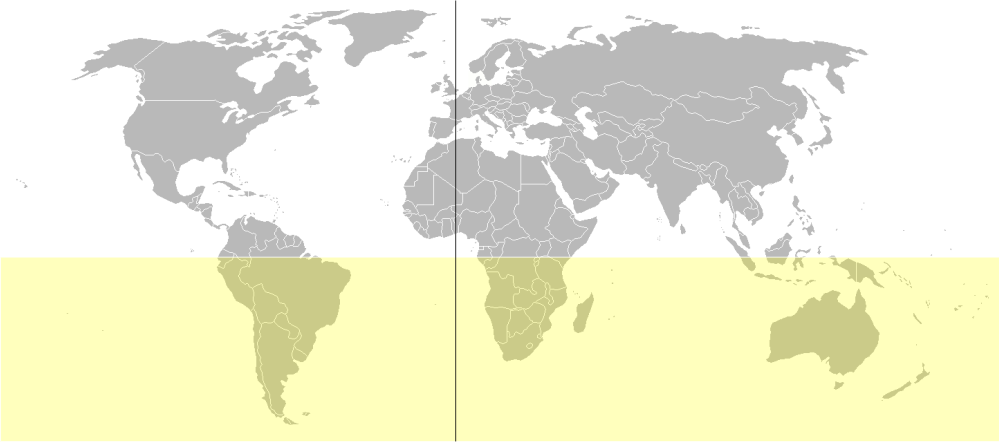afransen
Senior Member
Interestingly, the games have only twice been in a Spanish-speaking country (Barcelona & Mexico) and never in Spanish-speaking South America despite three past bids from Buenos Aires. Even with the 2016 Olympics, they chose the only non-Spanish speaking country in all of South America, though its most populous (this is Rio's second bid for the Olympics).
If I was a Spanish-speaking South American, I'd be wondering when we'll get our turn at the Olympics.
I'm not sure language is a big issue. This is the third Olympics in the southern hemisphere. Like it or not, but that fact that the south has opposite seasons to the North means that they make undesirable hosts to the majority of the athletic world.





